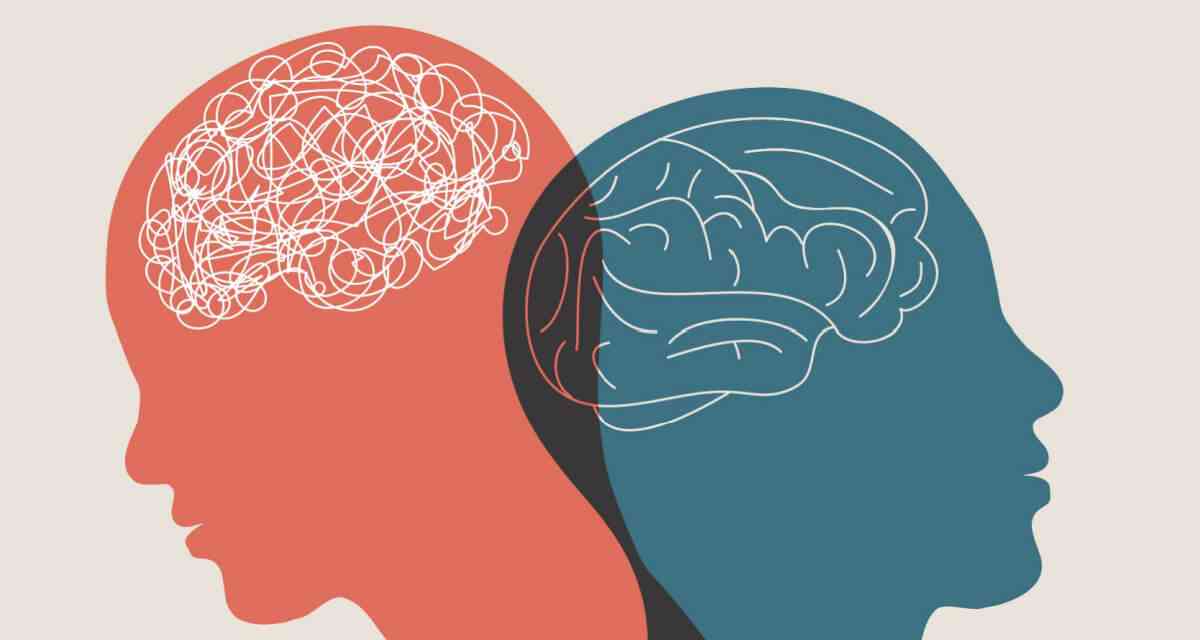
IN a society where external achievements and recognition often define success, internal validation remains an underappreciated cornerstone of emotional well-being and self-worth.
Internal validation, the act of acknowledging and accepting one’s feelings, thoughts and actions without reliance on external approval, builds resilience, fosters authenticity and nurtures mental health. As Eleanor Roosevelt wisely stated, “No one can make you feel inferior without your consent,” reminding us that the power to affirm ourselves lies within.
Resilience is one of the most significant benefits of internal validation. Life’s challenges often bring criticism or lack of recognition, which can destabilise those who depend solely on external feedback for self-esteem. In contrast, individuals who practise internal validation possess a steady foundation, enabling them to weather setbacks without losing their sense of worth.
Psychologist Carl Rogers articulated this balance when he said, “The curious paradox is that when I accept myself just as I am, then I can change.” This self-acceptance encourages growth by allowing individuals to face challenges with clarity and self-compassion rather than fear of judgement.
For instance, a student criticised for underperforming in an exam may choose to focus on their dedication and identify areas for improvement. Instead of dwelling on external judgement, internal validation enables them to grow from their experience, building both confidence and resilience.
Internal validation is closely linked to mental well-being. Those who validate themselves are less likely to struggle with chronic stress, anxiety and depression compared to individuals who rely on others’ approval. External validation can create an endless cycle of striving for recognition, leaving individuals feeling empty or unworthy when approval is not received.
Brené Brown, a prominent researcher on vulnerability, highlights this truth: “Owning our story and loving ourselves through that process is the bravest thing we’ll ever do.” When individuals practise internal validation, they learn to embrace imperfections, strengths and vulnerabilities alike. For example, someone struggling with body image might focus on appreciating their body’s capabilities, shifting attention from societal pressures to personal gratitude. This shift can foster a healthier relationship with oneself, reducing the damaging effects of comparison and external judgement.
Internal validation also grants individuals the freedom to live authentically. Relying on external validation often leads to conforming to others’ expectations, suppressing one’s true values and passions. Conversely, internal validation allows individuals to pursue paths that align with their unique identity, fostering genuine happiness.
- Mental health must be a priority at our workplaces
- ‘Art therapy critical in combating mental disorders’
- Be ethical, Potraz tells content creators
- How HR can effectively handle employee depression
Keep Reading
Ralph Waldo Emerson aptly observed, “To be yourself in a world that is constantly trying to make you something else is the greatest accomplishment.” For instance, an artist may choose to explore unconventional forms of expression. Without internal validation, they might feel compelled to conform to mainstream preferences for acceptance. However, self-validation enables them to create work that reflects their personal vision, often resonating more deeply with audiences because of its authenticity.
Although its benefits are clear, internal validation is a skill that requires deliberate effort to develop. Practising self-awareness, journaling and mindfulness are practical steps towards building this ability. Reflecting on personal values and accomplishments, rather than relying solely on external feedback, strengthens the capacity to affirm oneself.
That said, internal validation does not equate to arrogance or isolation. Healthy self-validation involves balancing one’s internal compass with openness to constructive feedback. This balance ensures that external perspectives enrich one’s growth rather than define self-worth.
Internal validation is an essential component of a fulfilling and balanced life. Fostering resilience, enhancing mental well-being and encouraging authenticity, empowers individuals to navigate a world often dominated by external judgements. As Oscar Wilde famously advised, “Be yourself; everyone else is already taken.”
The journey to self-validation transforms challenges into opportunities for growth and equips individuals with the inner strength to thrive. In a society increasingly focused on external validation, the ability to affirm oneself remains an enduring source of confidence and joy.
- Rutendo Kureya is a medical student at Saint Petersburg State Paediatric Medical University, Russia. She is passionate about issues concerning the state and welfare of fellow Zimbabweans. She can be reached at [email protected]. Mobile: +7 996 274 98 66 Facebook: Rutendo Kureya. She writes here in her personal capacity.











